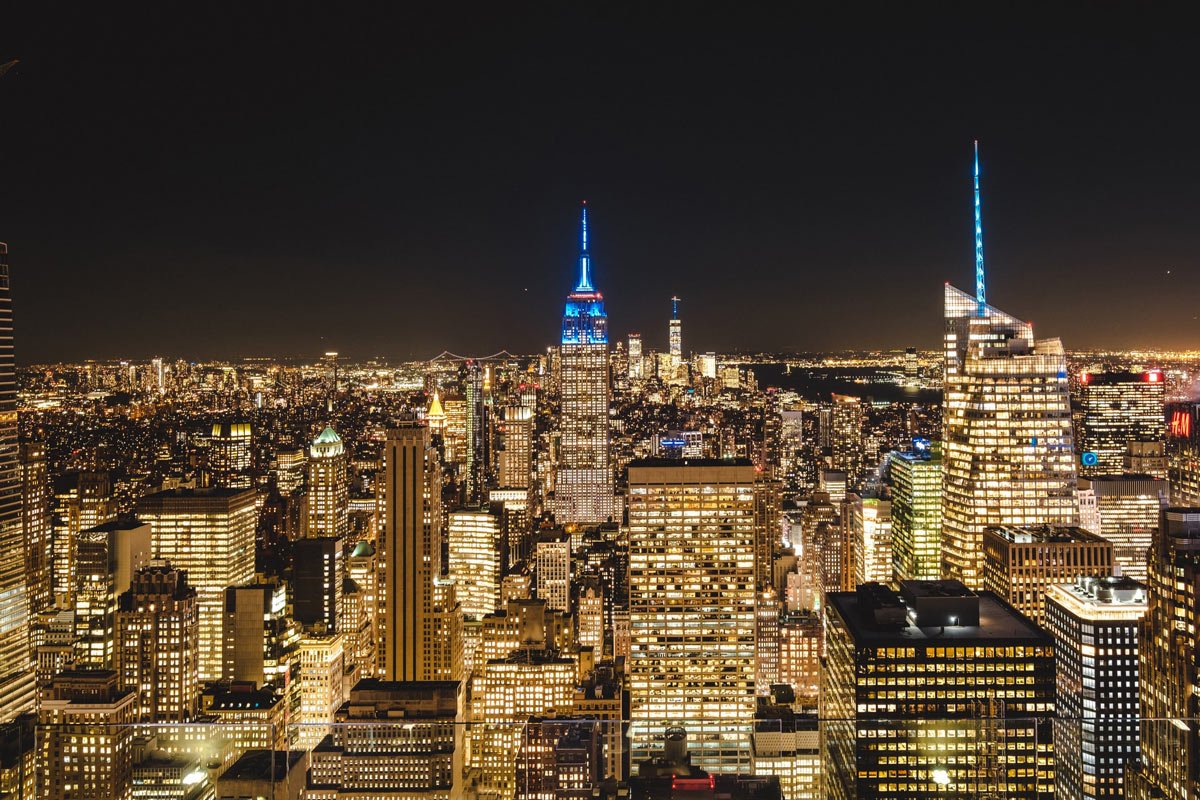The Myth of Infinite Resources
On his first trip to the United States, my father made an observation:
“This country runs as if it has infinite resources.”
 NYC at Night - by Sven Becker
NYC at Night - by Sven Becker
Once he said it, I couldn’t unsee the truth of it everywhere. Office buildings with their lights on all night. People driving gas-guzzlers 50 miles to work daily. 8,000 square-foot homes that leave the thermostat at 68°F in peak summer while the energy grid fails. Vegas hotels with their swimming pools and fountaions, while 30 miles away, Lake Mead falls to historically low levels. The sheer amount of food wasted in our restaurants, grocery stores, and homes (upwards of 30% apparently). Even simple things like taking 20-minute showers, or walking away to do another chore while the water is running.
I understood why my dad noticed all this - he knew what scarcity looks like. Hailing from small-town India, with running water for 1-2 hours a day. Daily “load shedding” (power outages) of 3-4 hours a day. When he graduated from university (top of his class, Electrical Engineering) the only job available to him was a low-paid gig at the local electricity board. And all that was a fairly middle class life - hundreds of millions in the country had it far, far worse. Entire generations of post-Independence India grew up knowing scarcity and privation. There’s a famous story told by batting all-time great Sunil Gavaskar, how growing up, they had to decide whether to eat their carbs (rice or rotis) for lunch or dinner - they didn’t have enough for both times.
I was reminded of this in the spate of recent market events. Facebook’s stalling user growth for the first time ever. Netflix cracking down on password sharing, something it encouraged once upon a time. Telcos throttling their data plans. The general economic environment in late 2022-early 2023 has been around shortages and supply chain issues.
Capitalism loves to give the illusion of “infinite”. There is something in our lizard brain that loves abundance. The Golden Arches. Unlimited free shipping. All-you-can-eat buffets. “Unlimited” data plans in the early days of smartphones. “Facebook will always be free”. Netflix with its password sharing. It’s great to give that impression of endless growth, in the early days of a company. Customers roll in, the line goes up.
Of course, there’s no such thing as unlimited or “free”, and the line must ultimately stop going up. And when that illusion comes up against reality, as it eventually must, there are always consequences.
